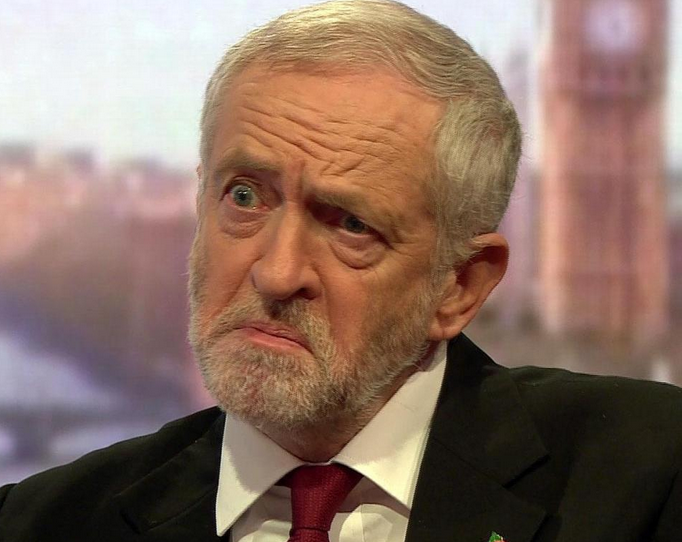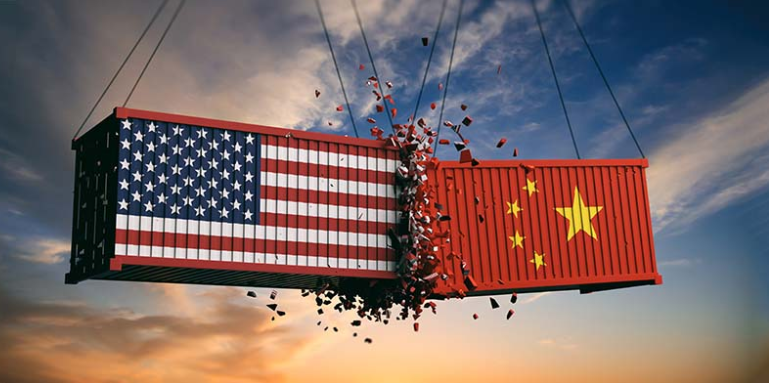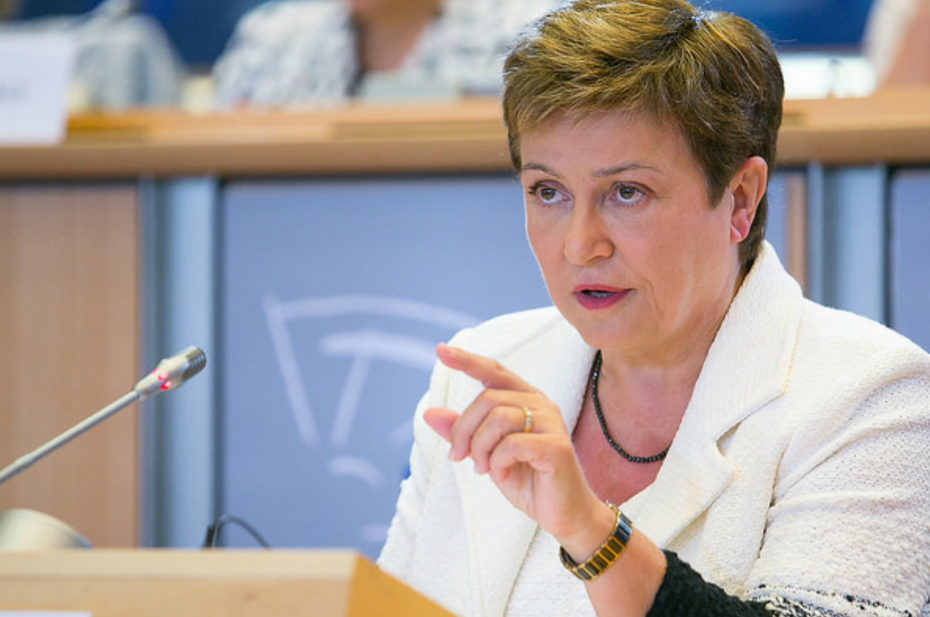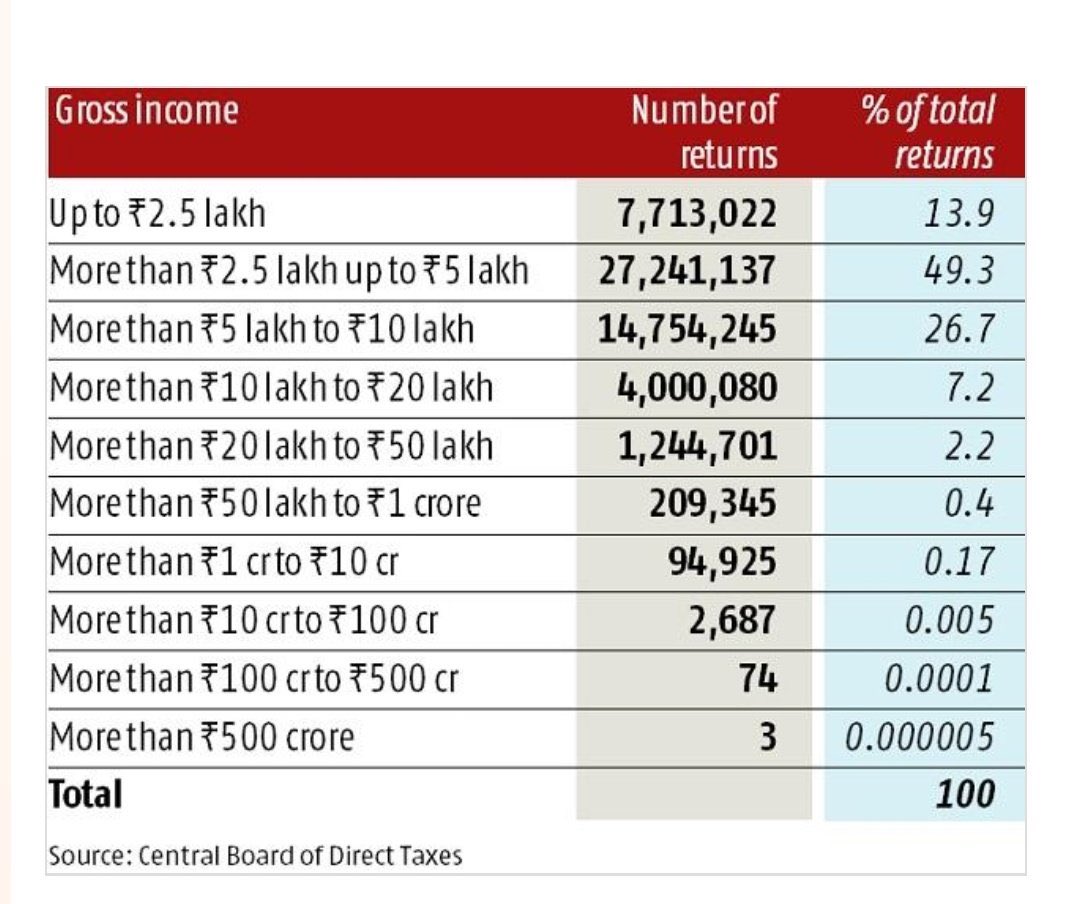
US industrial production is now negative on a y/y basis…






CPI expected 2.9% y/y, prior 2.8%
PPI expected -1.2% y/y, prior -0.8%
Singapore has moved to loosen its monetary policy for the first time in three-and-a-half years to help offset slowing economic momentum due to prolonged U.S.-China trade tensions.
As a small, heavily trade-dependent economy, the country has been heavily exposed to the tariff battle between two of its largest trading partners. Exports have been falling at a double-digit pace from last year’s levels.
The Monetary Authority of Singapore, the central bank, said in its semiannual policy statement Monday that it would slightly decrease the slope of the Singapore dollar’s exchange policy band, a move to guide a weaker appreciation of the local currency.
The nation’s monetary policy is based on its exchange rate whereby the Singapore dollar is managed against a basket of currencies representing the country’s major trading partners.
With this move, Singapore follows regional peers such as Indonesia, the Philippines and India, all of which have eased monetary policy by cutting interest rates in recent months.
Singapore’s adjustment comes as trade-related industries stagnate under pressure from the U.S.-China standoff, though economists say domestically focused sectors have held up better. (more…)

Even as the “phase one” trade deal between the U.S. and China averted an escalation of the trade war, the agreement is widely seen as a small-bore pact that focused on relatively easy issues, such as agricultural and currency.
The deal was a product of compromise by two countries eager for a respite amid growing concerns about economic slowdowns. The two nations must tackle structural issues, such as China’s government subsidies, in the next phase of talks, and a real end to the trade war that would eliminate punitive tariffs imposed on each other still remains elusive.
U.S. President Donald Trump was exuberant in announcing the agreement that would ease the pain of the Midwestern farmers that make up the core of his support base.
“The deal I just made with China is, by far, the greatest and biggest ever made for our Great Patriot Farmers in the history of our Country,” Trump tweeted Saturday morning. “In fact, there is a question as to whether or not this much product can be produced? Our farmers will figure it out. Thank you China!”
In contrast, the Chinese side remained subdued. Beijing issued a statement reporting progress in agriculture but did not mention an “agreement.” State television reported the deal, although it downplayed the story. Trump’s about-face in May last year after an agreement to avoid tariffs was not lost on top Chinese officials. (more…)
Lower than when FDR, Napoleon, Genghis Khan, Julius Caesar and even Hammurabi were around. Governments and banks have resorted to literally paying us to borrow their paper money. Everything is fine though. 
